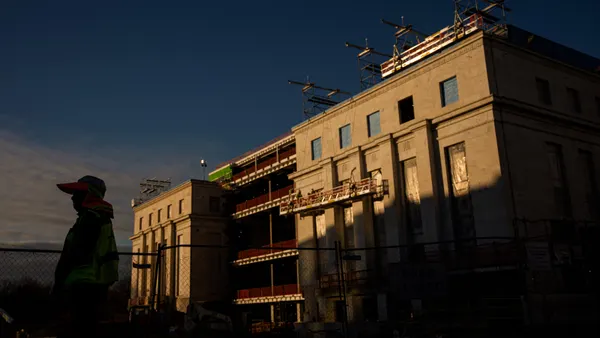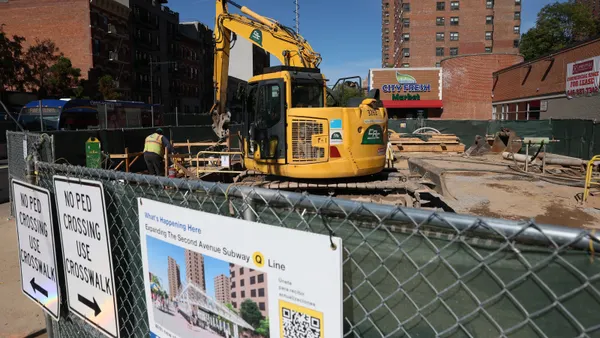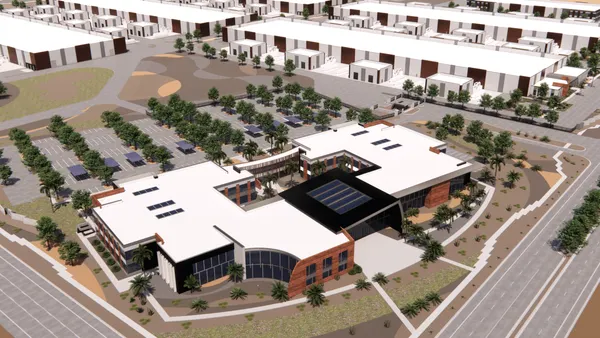Dive Brief:
-
The flow of millennials into U.S. cities, which has spurred urban redevelopment, hit a high point in 2015 and is expected to taper off, according to The New York Times, citing new research from the University of Southern California.
-
The report suggests that after reaching "peak millennial" in 2015, some major cities are seeing millennials in their early to mid-30s trade urban living for suburban living, which could weaken demand for the recent flurry of multifamily properties coming online in these metros.
-
CityLab’s Richard Florida refutes that analysis, noting that the number of millennials in cities will continue to increase through 2024, before plateauing ahead of the next generational push. Their eventual move to the suburbs shouldn’t be taken as a given, he notes, as young adults increasingly choose neighborhoods near populous metros.
Dive Insight:
Millennials are now the largest living generation in the U.S., totaling 75.4 million in 2015 and set to peak at 81.1 million in 2036, according to data from the Pew Research Center. The generation’s sheer volume means its members’ behavior — from food consumption to education levels to homebuying intentions — is being meticulously charted.
Within the housing sphere, builders, lenders and analysts are observing an uptick in demand for entry-level properties as millennials come of age. The data show that first-time buyers, who tend to be younger, are growing their market share, accounting for 35% of home sales last year – the most since 2013 – according to the National Association of Realtors. That's one indication that millennials are beginning to trickle onto the housing market.
In addition to whether they’ll purchase homes, where millennials will do so is another factor generating discussion. In October, PulteGroup put out a white paper showing that of the 3,000 "affluent" millennials surveyed in metros in which the company is active, nine in 10 said they want to own a home, with half already doing so, and the majority said they would live in the suburbs.
Similarly, in a recent Meyers Research survey of 1,000 millennials across 48 states, more than half (55%) of respondents said they planned to buy a home in the next five years while just under one-third (30%) expect to own within three years and one-quarter (25%) are three to five years away from a purchase. Affordability, not knowing where they want to settle down and student debt were called out as barriers to homeownership by those who didn’t yet own.
For more housing news, sign up for our daily residential construction newsletter.













